How can organisations increase the level of gender diversity and inclusion in the workplace? We had a chat with Joanne Lockwood, Inclusion and Belonging Specialist.
Joanne Lockwood is the founder and CEO of SEE Change Happen, a Diversity, Inclusion & Belonging Practice specialising in providing Transgender Awareness and support to organisations and businesses. We had a chat with Joanne to learn about her work, and how she’s helping organisations increase the level of gender diversity and inclusion in the workplace.
Joanne is regularly hired by companies to help train and educate them about diversity and inclusion. And while progress can feel slow at times, she’s optimistic about the future.
Organisations of all sizes are waking up to the fact that diverse teams perform way better, and the demand for expertise around these issues is quickly increasing. Still, there are some common misconceptions about what it means to work proactively with diversity and inclusion in the workplace.
“One common mistake is that people want a quick fix. But that’s not how it works. Inclusion is a mindset and awareness that needs to be present in every part of the organisation, from how job ads are written and who the very first hire is, to who’s on the board and who gets promoted,” says Joanne.
However, she says, the focus on inclusion is no longer an issue that can be dodged. It’s become clear that companies that do so will eventually become obsolete.
“Diversity and Inclusion are becoming hygiene factors. Not only because it’s the only decent way to work, but also because diverse and inclusive organisations yield the best ROI for their investors. D&I are already among the tick boxes in IPO processes and many tenders, with these issues very much on the radar of both investors and consumers.”
The keyword is “belonging”
So, how can you know if your company is inclusive or not? Joanne stresses that diversity is not a numbers game. It’s not just about hiring a certain percentage of people from different groups; it’s about what roles people play in your company. And even more importantly, Joanne argues, it’s about how people feel working in your organisation.
“Unfortunately, there’s a lot of performative inclusion and diversity efforts going on. But if the people you recruit don’t feel like they belong in your organisation, but are just there to fill a quota, you’ve achieved nothing.”
And as we like to point out here at Eletive, the only way to know how people feel is to ask them. Joanne agrees. She stresses the importance of regular pulse surveys, but also the importance of taking action on the results of the surveys.
“People don’t get ‘survey fatigue’. They get ‘lack of action fatigue’”
“Employee engagement surveys are an important tool that allows you to check in with your employees and ask how they’re doing. I believe that people are more than happy to answer surveys very often, if they feel their answers have an impact. People don’t get ‘survey fatigue’. They get ‘lack of action fatigue’”
Don’t “hire yourself”
Joanne points out that an inclusive mindset needs to be present from the very beginning, and this is where many startups make a big and potentially very costly mistake.
“When starting a business, it’s tempting to hire people who resemble yourself. It’s easy, it’s frictionless, and you feel like you ‘get each other’. The problem is that you will quickly build yourself into a homogenous company culture that becomes very difficult to reverse. This is why you need to aim for your first hire to be your opposite.”
The power of inclusion is that it's the only way you can stay relevant and representative of the marketplace.
One thing that inevitably happens when you fail to recruit a diverse team, is that you end up with plenty of blind spots that can seriously damage your business.
“A lot of big brands thought they were immune to this, that they were too big to fail. But now we see these old monolithic structures crumble and become outdated due to their lack of representation – which inevitably means a corresponding lack of insight,” says Joanne.
Gender diversity and inclusion in the workplace – a checklist
While mindset is the most important thing, a number of actions can help you make sure your organisation is on the right track. Joanne recommends at least having the following points in check:
Adopt a board diversity program
Use inclusive hiring techniques
Ensure you create an equitable and accessible candidate experience
Develop, Implement and Communicate your D&I playbook and seek buy-in
Use employee engagement surveys and 360 surveys to check in frequently with your team - and most importantly action the insights you gather
Engage external consultants to be that “critical friend” who sees what you may be blind to
Make D&I a priority at the board level, and make sure you have a Diversity Program in place for not only the board but at all leadership tiers in your organisation
Allocate sufficient budget – don’t rely on volunteering and goodwill
Recommended reading: The Future of Work and Workplace Culture with NELLIE HAYAT
How Eletive can help
Eletive is a modern People Success Platform that helps you increase engagement, performance, and self-leadership in your organisation.
With our science-based battery of employee survey questions, specific questions about diversity and inclusion, and your own customised survey questions, you can monitor culture and employee experience in your company – and track progress. Our 360 surveys can also help you understand the employee experience better, and develop an inclusive culture.
Recommended reading: Benefits of diversity in the workplace












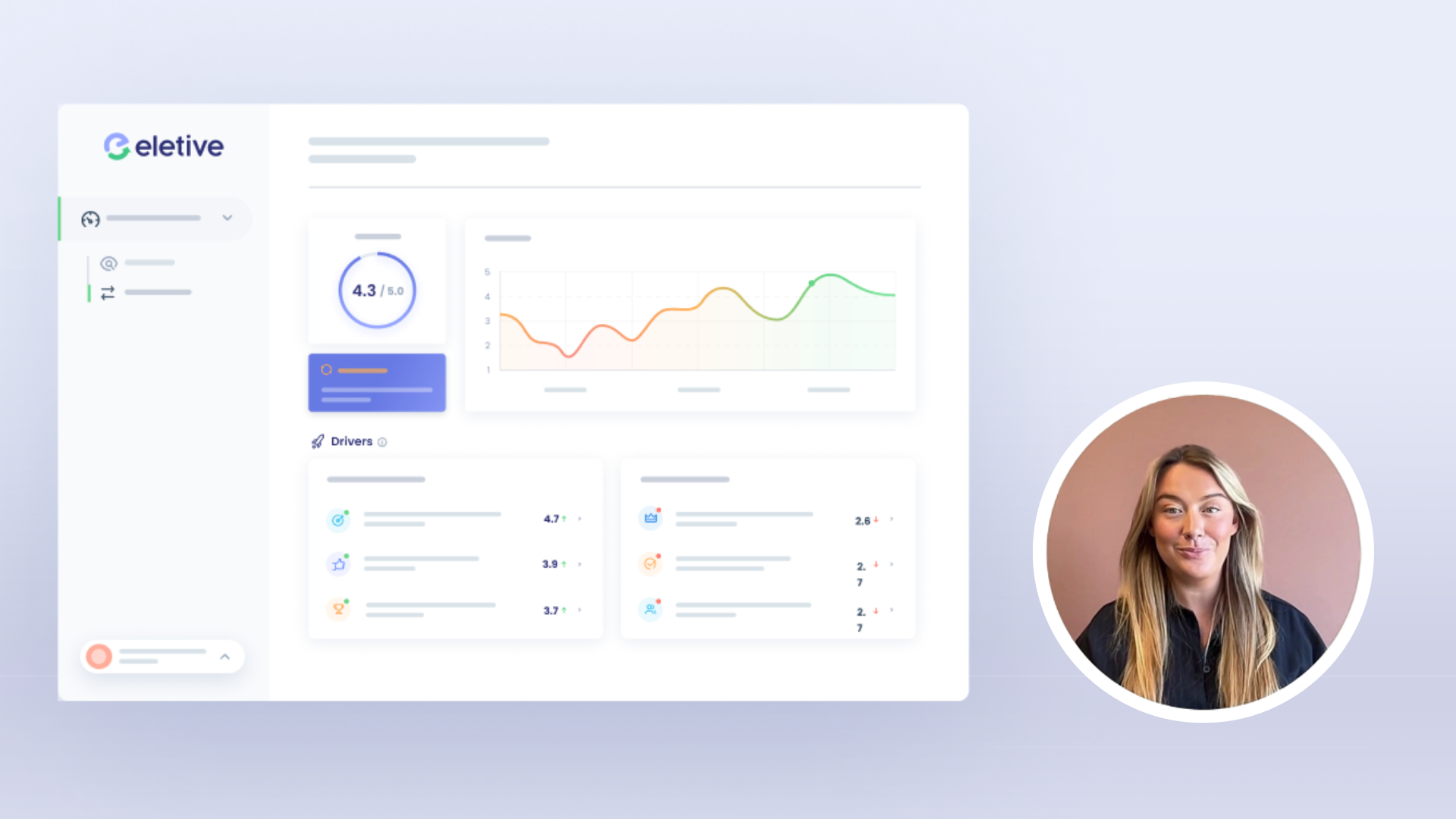


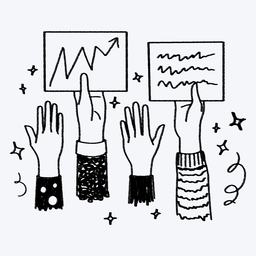
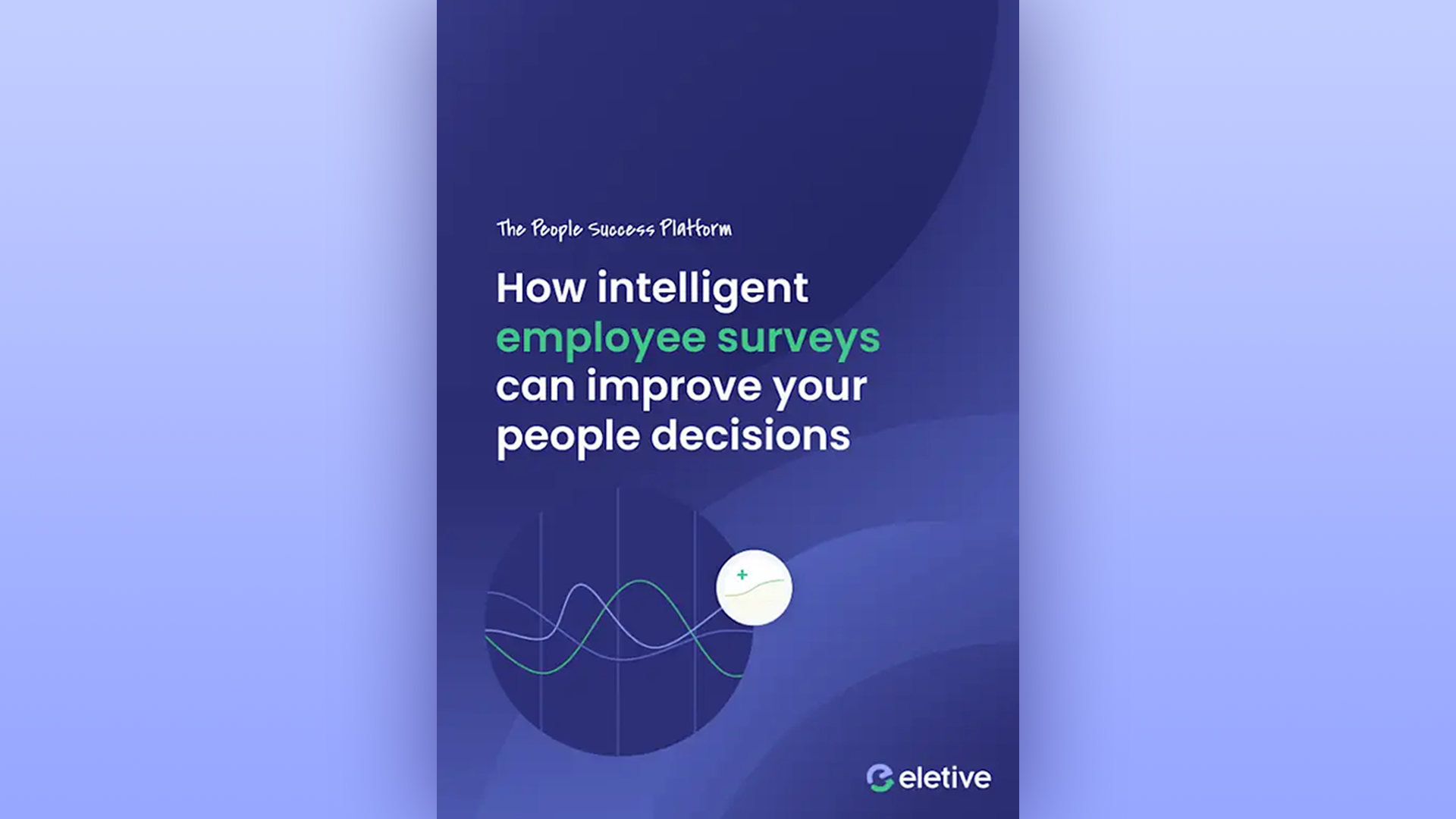




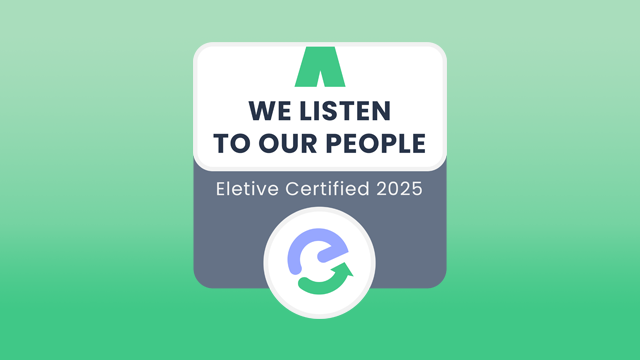




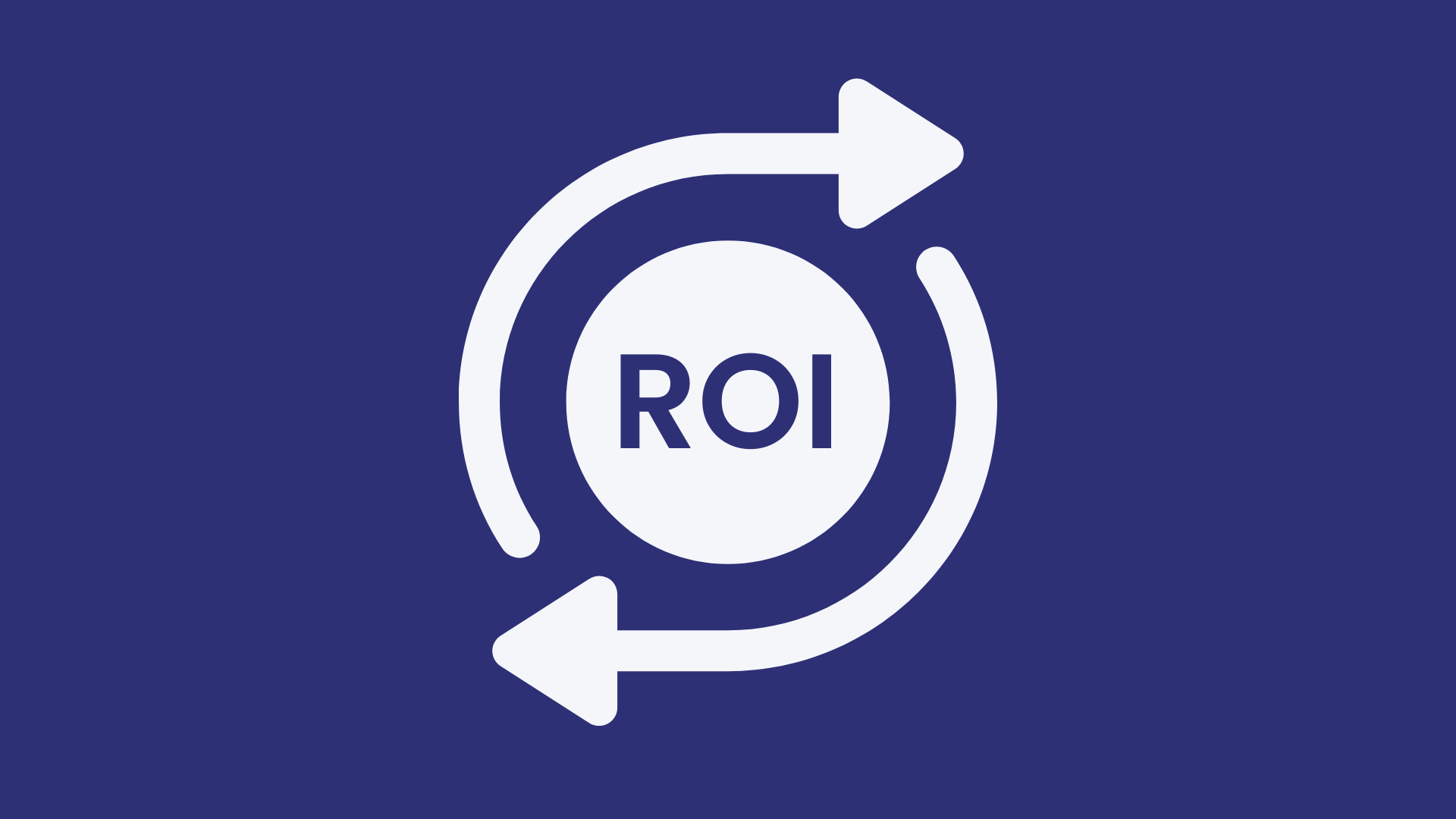
:format(jpeg)/f/288714721386412/be5dc457b5/blog-gender-diversity-and-inclusion-in-the-workplace-hero_media.jpeg)
:format(jpeg)/f/288714721386412/1280x720/94229f239a/blog-11-best-people-analytics-tools-in-2026.jpg)
:format(jpeg)/f/288714721386412/e490991a3d/blog-employee-feedback-software-hero_media.jpg)
:format(png)/f/288714721386412/1200x675/4bf26615f3/virtual-hr-event-people-success-2026.png)